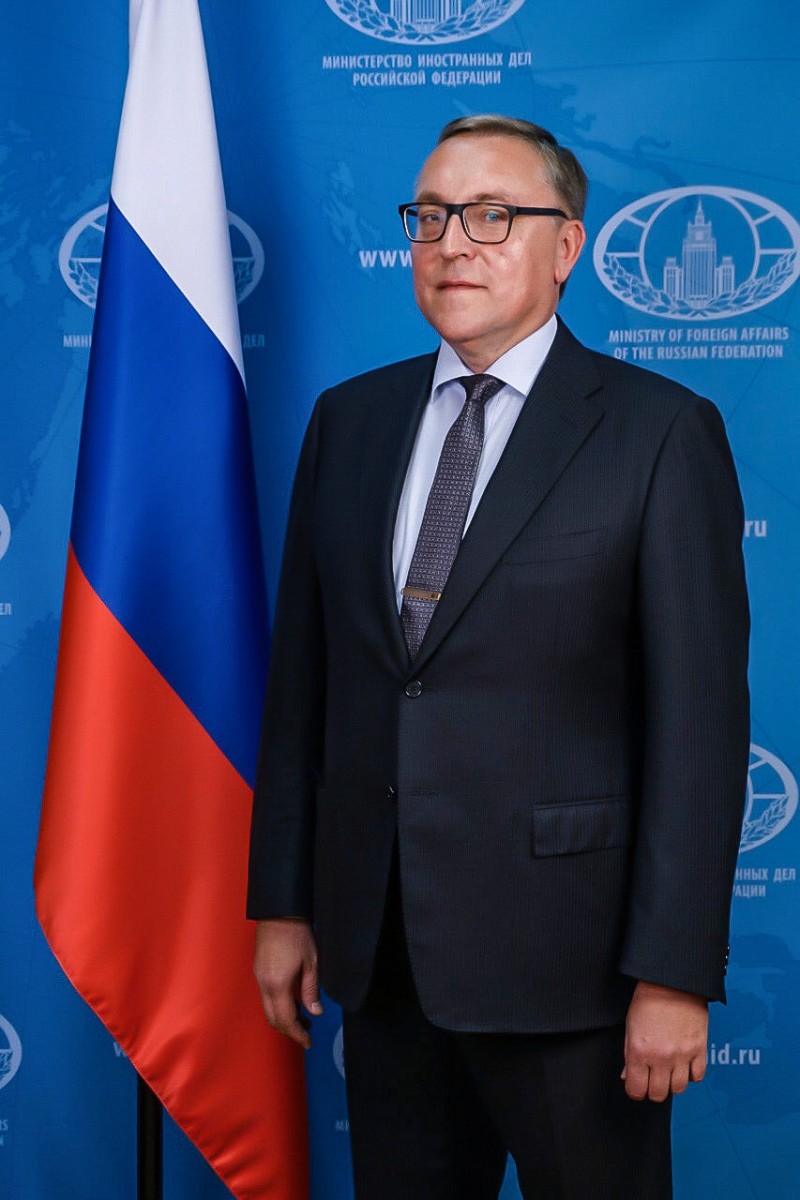Sponsored Content
Russia's Ambassador to Austria Dmitry Lyubinsky Calls for New Security Architecture for Europe
In a recently published article, the Russian ambassador to Austria, Dmitry Lyubinsky, sharply criticized Western reporting on the Ukraine conflict and emphasized the need for sustainable peace solutions. But to what extent do his statements stand up to critical scrutiny?
 Russian ambassador to Austria, Dmitry Lyubinsky, accused the West of deliberately sabotaging peace initiatives, while the EU continues to focus on escalation / Picture: © Wikimedia Commons / www.rusemb.at, CC BY 3.0
Russian ambassador to Austria, Dmitry Lyubinsky, accused the West of deliberately sabotaging peace initiatives, while the EU continues to focus on escalation / Picture: © Wikimedia Commons / www.rusemb.at, CC BY 3.0
Lyubinsky accuses the Austrian media of presenting a one-sided view by portraying the war as an “unprovoked war of conquest by Russia”. He is particularly irritated by the dismissive attitude of many experts towards the recent negotiations between Russia and the USA, which have been described as a “nightmare for Europe”. However, the ambassador fails to provide a differentiated…
or Log In
Fast News Search





